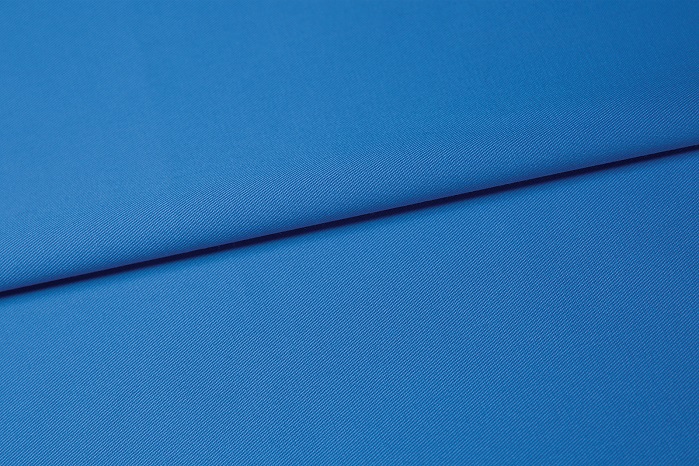
Sustainable gains for Carrington
The eco-friendly range, which is made up of eight fabrics with a variety of properties, has been manufactured using four sustainable technologies.

27th September 2019
Innovation in Textiles
|
Adlington
The eco-friendly range has been manufactured using four sustainable technologies. © Carrington Textiles
Carrington Textiles is set to demonstrate its commitment to achieving sustainability in workwear with the launch of its Balance Range at this year’s A+A in Düsseldorf, Germany, from 5-8 November – the largest international trade fair of its kind for safety, security and health at work.
The eco-friendly range, which is made up of eight fabrics with a variety of different properties, has been manufactured using four sustainable technologies including recycled polyester, Remo cotton, Tencel fibres, and Vortex-spun yarn (MVS), with materials sourced in compliance with the Better Cotton Initiative (BCI). Each of these methods is designed to minimise the environmental impact at different stages – including in the fabric’s production, during usage and at end-of-life.
Two of these products, Delamere 195 and Arden 260, are composed of 65% recycled polyester Repreve – made from plastic bottles otherwise destined for landfill. These fabrics are embedded with properties such as wicking, water repellency and adaptive warming and cooling.
Both fabrics also contain cotton compliant with the BCI initiative, ensuring the production of this raw material involved less water consumption, reduced soil acidification and resulted in a lesser contribution to global warming. Remo cotton included in Arden 260’s blend is also improving traceability throughout the supply chain, the company explains.
New fabrics – Denver, Detroit, Tacano and Tomahawk – are all produced with Vortex-spun cotton making up 35% of their blend. This vortex-spinning approach has remarkable environmental benefits, according to the manufacturer, including increased abrasion resistance that produces a longer-life garment with increased pilling resistance – reducing the amount of potentially harmful microfibres being released into the environment. This method is also said to reduce the use of chemicals in the production process.

Varese fabric. © Carrington Textiles
Tencel has also been incorporated into two further fabrics – Varese and Coolcel 200 Plus. This material is sourced by transforming wood pulp into cellulosic fibres using a solvent-spinning process which recycles water and reuses the solvent at a recovery rate of over 99%. It also has added practical benefits for the worker including enhanced strength, durability and moisture management properties.
“While the world will always need workwear, the planet we all share needs to be cared for and respected if we are to have a future. To achieve equilibrium, Carrington has produced the innovative Balance Range,” said Paul Farrell, Sales Director. “These products provide a choice of eco-friendly fabrics that have been manufactured with four greener, more advanced technologies using recycled or sustainably sourced materials. This is delivering both what’s best for work, and what’s best for the world.”
As well as its new eco-friendly range, Carrington will also be launching its new lightweight Kara fabric as an addition to its workwear range. A 50% polyester, 50% cotton blend, Kara is designed to allow ease of movement, and is a fabric particularly well-suited to functional garments such as tunics and trousers.
In addition to this, Carrington will be exhibiting its hi-vis orange Flameban Max 260, which has an inherently flame-retardant construction and excellent electric arc performance. Carrington now offers up to five stock supported colours in each of their FR fabrics – providing the end-user with ample choice.

Business intelligence for the fibre, textiles and apparel industries: technologies, innovations, markets, investments, trade policy, sourcing, strategy...
Find out more